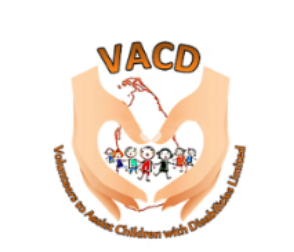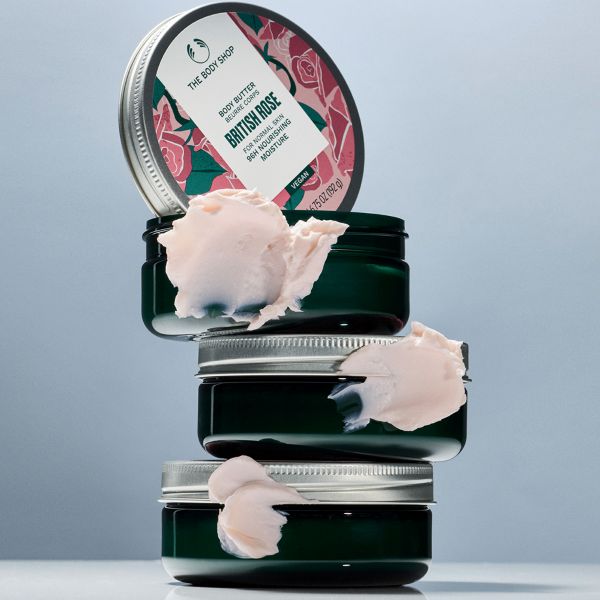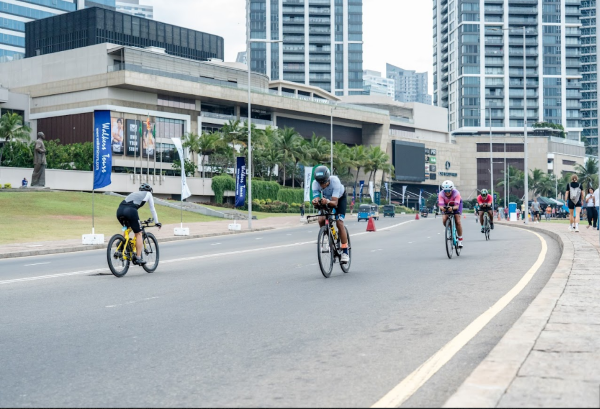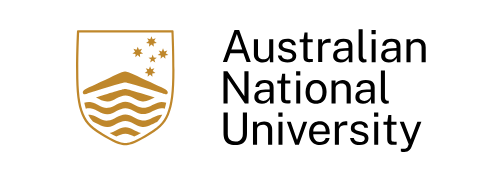Crocs in the East in Troubled Waters-by sulochana ramiah mohan
Source:Ceylontoday
At least 13 freshwater and saltwater crocodile carcasses have been found in the Eastern Province over the past month. The reptiles are suspected to have been poisoned. This was attributed to the local community habitually disposing of animal carcasses and garbage in the area, which serves as a well-known breeding ground for crocodiles, attracting some 35 crocodiles to the spot.
There is an outpouring of anger over the killing of crocodiles, which are crucial to the ecosystem. This issue warrants urgent attention, as both the crocodiles and the people in the area of Mavatipalli Bridge, under Karaitivu Police Division, Ampara District, Eastern Province, are affected.
Villagers have been ruthlessly poisoning and using ‘vengayavedi’ (a type of firecracker shaped like a ball) to kill these reptiles, as confirmed by regional journalists and wildlife experts. The area had been without reptiles for over a decade, but currently, the community living there has been disposing of cattle, goat and chicken carcasses, evading CCTV surveillance, and eluding detection by officials.
According to reports, carbofuran, a known pesticide, has been sprayed on animal carcasses and thrown into ponds and lagoons in the area with cattle sheds in the Eastern Province to kill crocodiles attacking the cattle. This is part of an ongoing conflict between farmers and crocodiles in the East, says a crocodile expert and wildlife conservationist.
The expert further explains that relocating crocodiles is a challenging and often futile effort because they can quickly migrate back to their familiar habitat. They possess a magnetic sense that aids in navigation, just like the elephants, allowing them to return faster than anticipated. Even if temporarily subdued, they can regain their energy and begin their journey back to the area.
The crocodiles have detected the scent of animal carcasses and have begun leaving their habitats in nearby forests and ponds to reach the lagoon area. The presence of carcasses has polluted the area, leading to crocodiles also attacking people. So far, four fatalities have been attributed to these crocodile attacks.
Journalist Farook Shihan from the East reports that numerous crocodiles have been found dead near Mavatipalli Bridge, filling the area with a stench and making it difficult for people to travel through. He notes that although more than 30 crocodiles were initially spotted near the bridge, only 10 to 15 are now alive. Shihan witnessed crocodiles ranging from 7 to 9 feet in length floating dead in the water.
Earlier, there were signboards warning about crocodiles and advising against dumping garbage in the area. However, people in the area allegedly removed those signboards and continued to dump animal carcasses at night. In addition to the dead crocodiles, garbage has been illegally dumped around the bridge. Despite this environmental degradation, no officials have taken a keen interest in protecting the area or conserving the crocodiles. There is widespread speculation among the locals about the cause of the crocodile deaths, with many suspecting poisoning.
Fauna and Flora Protection Ordinance
Under Sri Lanka’s Fauna and Flora Protection Ordinance, Section 30, it is illegal to kill, harm or capture protected species, which includes many reptiles like crocodiles. This section outlines the legal framework for the conservation and protection of wildlife, emphasising the importance of maintaining biodiversity and ecological balance. Violation of this Ordinance can result in severe penalties, including fines and imprisonment, reflecting the country’s commitment to preserving its natural heritage. In this context, the actions of poisoning or killing crocodiles are direct violations of Section 30.
Crocodile conservation in the Eastern Province urgently needs more robust measures, as these reptiles have been on Earth for around 240 million years. According to Prasantha L. Wimaladasa, the Assistant Director of the Wildlife Department in the Eastern Province, crocodiles play a crucial role in maintaining a balanced and functioning ecosystem. “Crocodiles keep our waterways clean and healthy for many other species,” Wimaladasa explains. “These reptiles are top carnivores and primarily scavenge for carcasses, eating fish that people typically don’t consume. They are essential for keeping the ecosystem clean and in order.”
Wimaladasa also stressed that some time ago, four crocodiles were relocated from the Ampara District, but relocating all of them is impossible. “Sometimes, they come back,” he added. He further explained that Sri Lanka is home to two species of crocodiles: the Mugger or Marsh Crocodile (Crocodylus palustris) and the Saltwater or Estuarine Crocodile (Crocodylus porosus). He is unsure of the species that were found dead in the Ampara District but said the team has gone there to gather all details.
According to A.P. Mathan, Chairman of the Eastern Province Tourism Bureau, the Wildlife Assistant Director has assured him that a special wildlife team will be dispatched immediately to address this matter. Mathan stated, “They will conduct post-mortems to determine the exact cause of death for the crocodiles.”
He also pointed out that MP Musharraf of the Eastern Province will bring this matter to the District Coordination Committee Meeting. Mathan noted that last year, they received numerous complaints from the Pasikudah area concerning crocodiles. Following instructions from the Eastern Province Governor, a survey was conducted, and the establishment of a crocodile park was proposed. However, according to Ceylon Today, efforts to relocate crocodiles from tourist areas have proven challenging, and the project aimed at preventing crocodiles from entering the Pasikudah Sea has not been successful. The lagoons serve as natural habitats for crocodiles, and they tend to swim towards the sea.
Ministry of Tourism
The Ministry of Tourism has been informed by the wildlife experts that at least Rs 5 million will be required to effectively implement a project to prevent crocodiles from navigating to the Pasikudah Sea, necessitating careful planning.
According to Mathan, the work is still incomplete, and the process is ongoing in Pasikudah, requiring more approvals to protect around 57 crocodiles in a nearby lagoon in Pasikudah that have become a menace. The plan is to fence the area to prevent the crocodiles from entering land where humans are present.
“We are very committed to the protection of wild animals. Rest assured, we will find a solution to this incident as well,” he added. However, the Wildlife Department has been alerted to the issue for over a year.
In the current scenario, due to inadequate conservation efforts for crocodiles, a new conflict between elephants and crocodiles is escalating. Elephants have begun roaming near ponds and lagoons, where they are being attacked by crocodiles, the regional correspondent for Ceylon Today, Farook noted.
Wimaladasa on the other hand emphasised that they will seek a Magistrate’s order in the coming days to conduct post-mortems and once the post-mortem report details are available, they can identify the culprits responsible for poisoning or killing these valuable reptiles.
These illegal activities of destroying crocodiles not only disrupt the ecosystem but also carry legal consequences for those involved. Enforcement of this Ordinance is crucial to preventing further harm to wildlife and ensuring that perpetrators are held accountable. In many countries, crocodile parks generate tourism revenue, attracting visitors to destinations like Thailand and Australia. Sri Lanka should focus on efforts to generate revenue from its wildlife rather than spending years indecisively managing species like crocodiles.
(amiesulo@gmail.com)
Pix by Farook Shihan





















